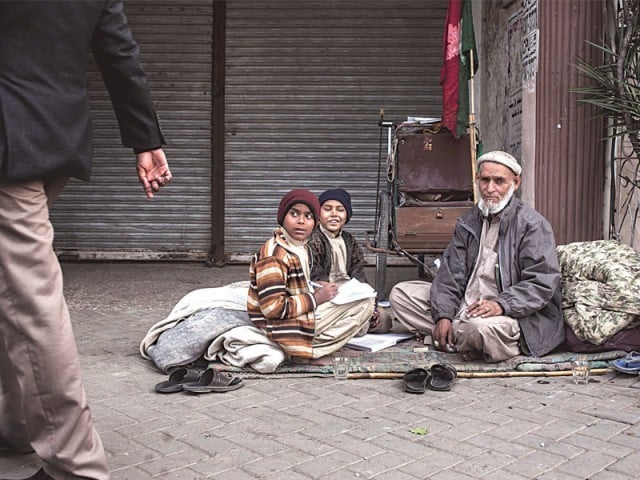
AWP representatives Aasim Sajjad Akhtar and others, in their statement submitted in a case relating to the demolition of illegal slums in Islamabad, said until permanent housing is provided, the homeless were entitled to dignified shelter.
While referencing a Supreme Court of India’s direction to all states to construct shelters for the poor, AWP President Abid Hassan Minto, acting as counsel for the party, requested the court to direct that “the life of homeless people must be properly protected and preserved” by the executive in compliance with Articles 9 and 14 of the Constitution.
The party has also demanded an alternative housing for the evictees of the I-11 katchi abadi. It also requested the court to declare all forcible evictions unconstitutional.
Federal and provincial governments had earlier submitted reports on their respective budgetary allocation for katchi abadis, low-cost housing and social housing over the last 14 years.
The AWP, however, maintained that the governments neither had any workable plan nor any interest in providing affordable housing to all.
The statement said that the single-page report by the Khyber-Pakhtunkhwa government said the province had zero budgetary allocation for low-cost housing because no katchi abadi exists in the province.
“This justification is demonstrably ridiculous for the simple reason that K-P enacted a katchi abadi statute in 1996.The said reply is also inadequate because it limits itself to katchi abadis and completely disregards the court’s concern regarding the efforts made by the province for providing social housing to the destitute and homeless,” the statement read.
Similarly, the statement said that Punjab only submitted a report for just Rawalpindi sub-region, adding that the reply ignored directions of the court and only contained copies of rules and regulations government disposal of land.
Statement said the country was faced with the challenge of urbanisation and inadequate housing due to migration from rural to urban areas since the 1960s. Of the total population of almost 200 million, the urban population in Pakistan constitutes about 40 per cent, and is increasing at four per cent per year. Quoting the National Housing Policy 2001, it said 50 per cent of the total urban population lived in katchi abadis and other informal settlements.
Published in The Express Tribune, November 15th, 2015.



1733102329-0/Wayne-Northrop-(1)1733102329-0-165x106.webp)













COMMENTS
Comments are moderated and generally will be posted if they are on-topic and not abusive.
For more information, please see our Comments FAQ